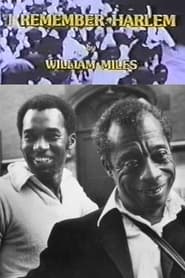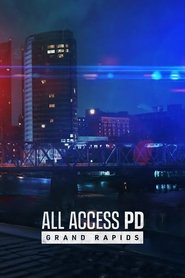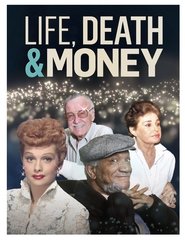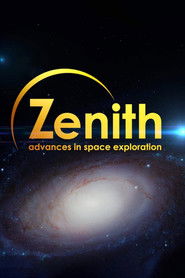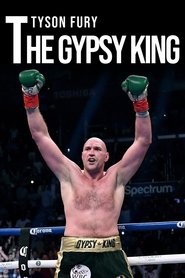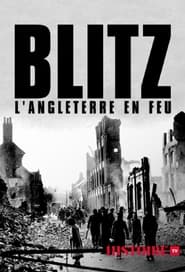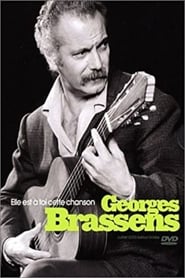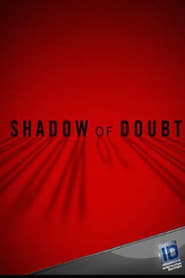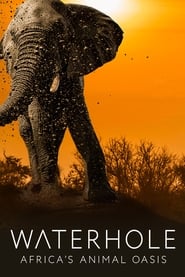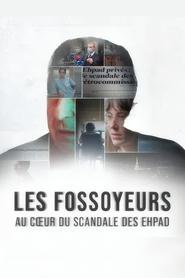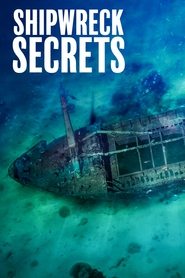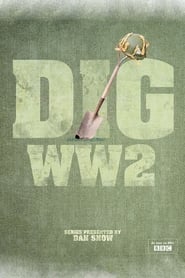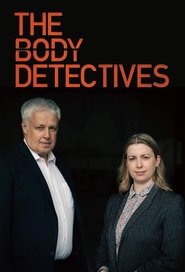Documentary TV Series - Page 410
-
I Remember Harlem
1981
I Remember Harlem
1981
William Miles’s landmark epic documents the early settlement of the Village of Harlem in the 17th century to the specter of urban renewal and redevelopment in the 1970s. The film chronicles the centuries of change and political and artistic expression that has made this complex hamlet the capital of urban America. -
All Access PD: Grand Rapids
2025
star 10In a television first, Chief Eric Winstrom allows a film crew to capture the entire operation of the Grand Rapids Police Department. From twisted high-stakes homicide investigations to adrenaline-fueled patrol stories, nothing is off limits. -
Extinct
2005
Extinct
2005
Extinct is a British television series that aired on ITV, STV & UTV in 2006. It features eight celebrities highlighting the plight of some of the world's most endangered species and was presented by Zoë Ball and Sir Trevor McDonald. During the series, the public were asked to phone in and vote for which animal they wanted to receive 50% of the money raised through the phone votes, via the charity WWF. The winning animal got over £178,000 and the remaining seven shared £178,000. A sister programme called Extinct - The Quiz also aired at the same time. -
Life, Death and Money
0000
star 8The series explores the personal lives, career highlights, and business scandals of A-list celebrities through the money trails they earned and left behind both before and after their deaths. -
Zenith: Advances in Space Exploration
2019
star 2A revolution in space technology is unfolding. New players in the launch industry are radically cutting the cost of access to space and understanding of the universe is growing exponentially thanks to space-based research. -
Tyson Fury: The Gypsy King
2020
star 7.5Tyson Fury: The Gypsy King offers exclusive, behind-the-scenes access to one of sports most flamboyant and controversial characters Tyson Fury and his larger than life family. Giving viewers an unprecedented insight into the life of one of the most fascinating and controversial figures in British sport. -
The Blitz: Britain on Fire
2019
Exploring the eight days in May 1941 when Britain, and Liverpool in particular, was subjected to one of the most intense bombardments of the entire war. Featuring eyewitness accounts and recollections from many whom have never spoken out before. -
50,000 First Dates: A True Story
2025
When memory is destroyed and logic gone, is intuition enough to fall in love (again, and again, and again)? This series is the dramatic, almost unbelievable true story of Nesh Pillay, a 32-year-old woman who mysteriously lost the last 15 years of her memory, including recollection of her fiancé. -
Psycho
2005
-
Shadow of Doubt
2016
Shadow of Doubt
2016
star 8.2Shadow of Doubt delves into competing theories of complex crimes, which find witnesses and suspects pointing the finger at each other. In these exceptional cases, every possible account must be considered before the shocking final truth can be discovered. Shadow of Doubt forces us to examine who we believe and why. -
Terry and Mason's Great Food Trip
2015
star 8Terry Wogan and Mason McQueen presented all 20 episodes of this documentary series, discovering the culinary delights of the UK by means of a road trip in McQueen's black London taxicab. Sadly, as Sir Terry died on 31 January 2016, there will be no further episodes. All episodes were broadcast during August and September 2015. -
Waterhole: Africa's Animal Oasis
2020
star 6Exploring the bustling oases where elephants, lions, leopards and hundreds of other species meet and compete for water. -
Santos Bravos
2025
Santos Bravos
2025
Santos Bravos is a Latin American reality series produced by HYBE Latin America to form a new boy band. The program features 16 later 17 contestants from across Latin America, the United States, and Spain, and follows their training and performances in pursuit of a debut lineup. Santos Bravos combines Hybe's structured artist training system with Latin America's cultural and artistic influences. The series follows contestants' growth within the company's global production model. -
Människans lustgårdar
1988
A documentary series by Katarina Dunér about the history of European horticulture -
Shipwreck Secrets
2020
Shipwreck Secrets
2020
star 10Scattered across the world, over 3 million shipwrecks line the floors of our oceans, seas and lakes. Most are waiting to be discovered, have their stories told and their secrets revealed. In this new 6 x 60’ series, Shipwreck Secrets joins teams of explorers, investigators and maritime experts from across the globe as they discover, identify and uncover the truth about some of the most fascinating wrecks on earth. From ships believed lost to the curse of the Bermuda Triangle, to the largest naval battle in history, this series uses cutting edge underwater technology to gather the clues and piece the evidence together and lay to rest the mysteries of the deep. -
Dig WW2 with Dan Snow
2012
star 10Dan Snow joins military archaelogists as they investigate the former battlegrounds of the Second World War, uncovering little-known stories through excavations and dives across Europe -
Waldorado
2018
Waldorado
2018
-
The Body Detectives
2024
The Body Detectives
2024
Ex-detective Dave Grimstead, from Locate International, revisits cases of unidentified bodies around the UK using cutting-edge forensics.
